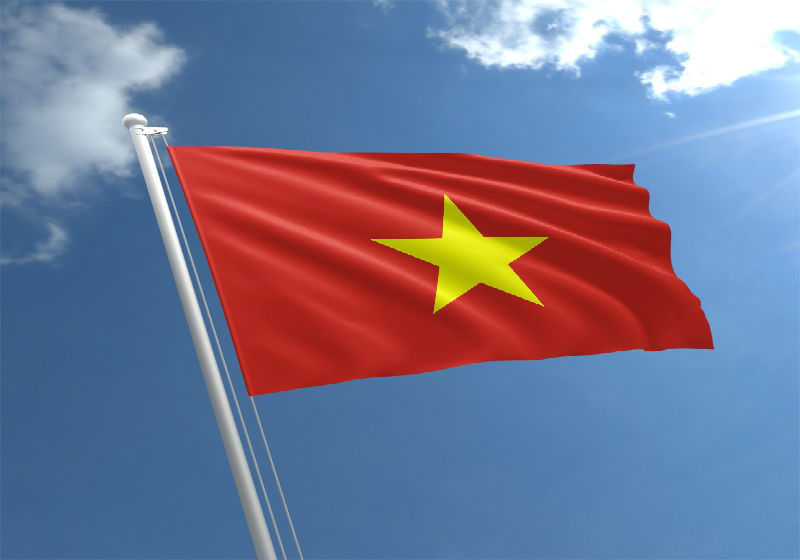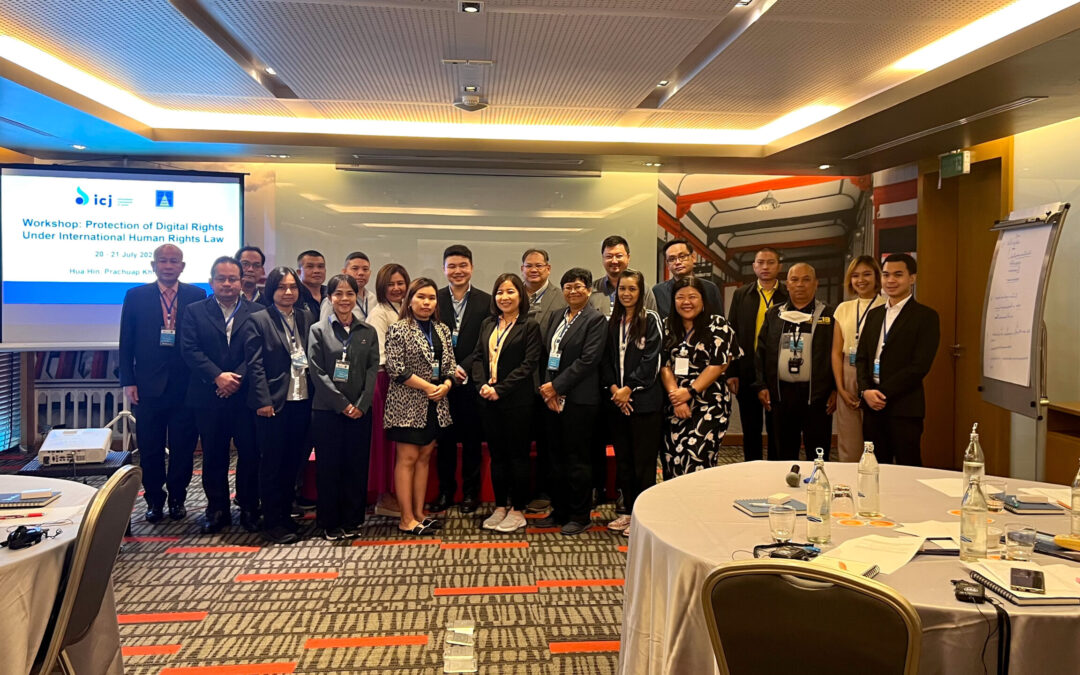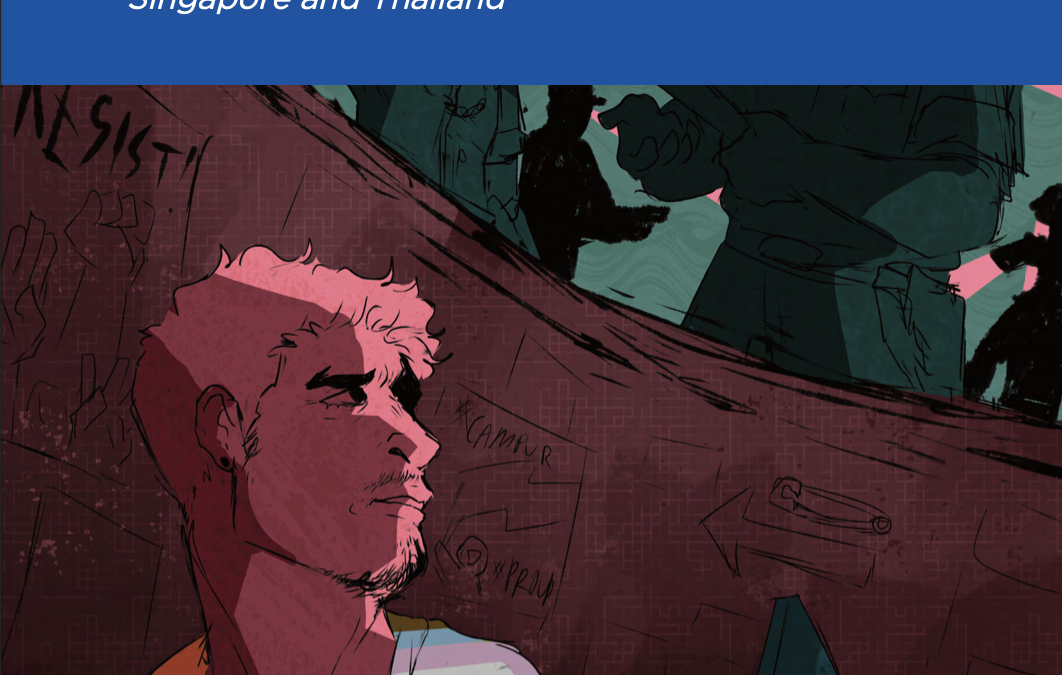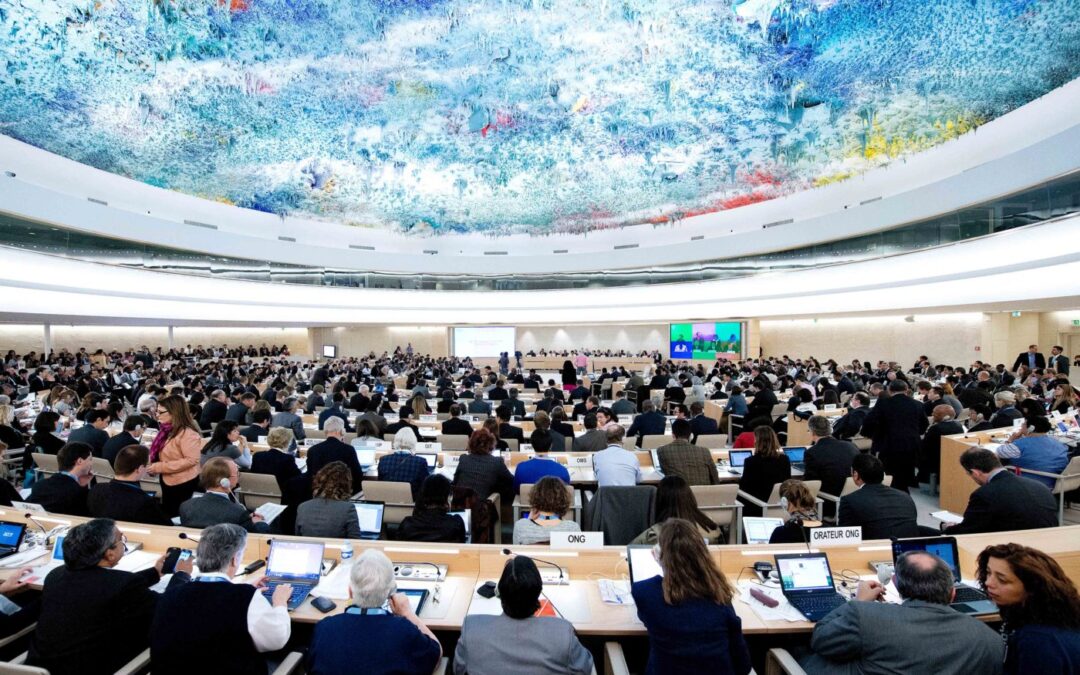
Aug 5, 2023 | Advocacy, News
The International Commission of Jurists (ICJ) and 18 other organizations call on Vietnam’s Ministry of Information and Communication to reconsider the fatally flawed draft Decree 72/2013/ND-CP, that, if adopted, would mandate real identity registration for all social media accounts accessible in Vietnam.

Aug 4, 2023 | Events, News
On 20 – 21 July 2023, the International Commission of Jurists (ICJ) co-organized a workshop, with Thailand’s Ministry of Justice, on ensuring the protection of human rights in the online sphere under international human rights law.
The workshop was aimed at fostering dialogue and action by policymakers and justice sector actors on the exercise of human rights online, with a view to more effective adoption and implementation of laws, policies and practices in line with international human rights law.

Jul 25, 2023 | Advocacy, News, Publications
The authorities in Indonesia, Malaysia, Philippines, Singapore and Thailand should immediately reform laws, policies and practices that have led to violations of the right of lesbian, gay, bisexual, transgender and gender diverse (LGBT) persons to safely and freely express themselves and access information online, the International Commission of Jurists (ICJ) said in a new report launched today.
The 50-page report, Silenced But Not Silent: Lesbian, Gay, Bisexual and Transgender Persons’ Freedom of Expression and Information Online in Southeast Asia, documents the restrictions and barriers LGBT individuals face to safely and freely express themselves and access information online in Indonesia, Malaysia, Philippines, Singapore and Thailand.

Jul 20, 2023 | News
The ICJ hails the interim order made by the Supreme Court (SC) of Nepal on 28 June 2023 directing the establishment of a “transitional mechanism ensuring the marriage registration of same-sex couples and non-heterosexual couples”. The organization urges the government of Nepal to promptly implement the order by setting up an effective mechanism for registration of such marriages.

Jul 19, 2023 | Advocacy, Human Rights Council, News, Non-legal submissions, Universal Periodic Review
On 18 July 2023, the International Commission of Jurists (ICJ) and the Extra-Territorial Obligation Watch Coalition (ETO Watch Coalition) filed a joint submission to the UN Human Rights Council Working Group on the Universal Periodic Review (UPR) ahead of its review of China’s human rights record in early 2024.









